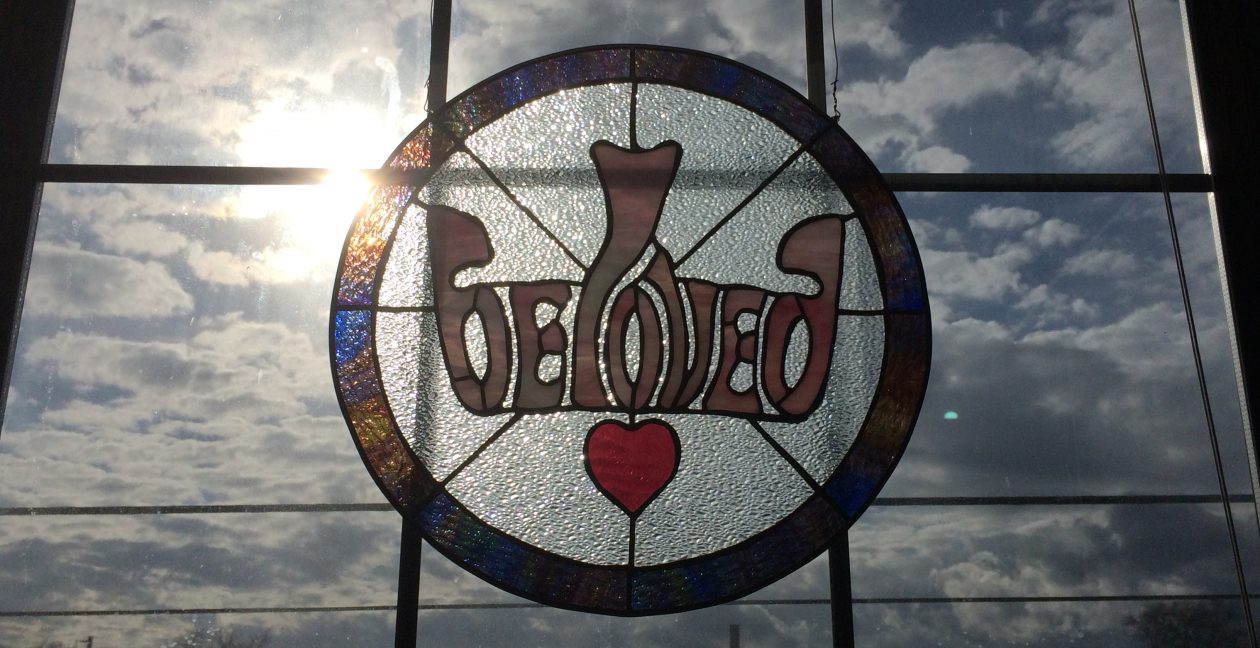The National Football League announced this week that it has levied severe penalties on the “bounty” system, a locker-room game where players got informal bonuses for vicious hits on the other team’s most valuable players. Injure a player, win $1,000; knock out a player, win $1,500; double or triple your money during the playoffs. A player who knocked out the quarterback of the 2010 NFC Championship game could have cashed in $10,000. The stakes were high; so were the penalties.
It’s all baffling to me. How do you decide when and how to punish violence in a game that rewards violence? I wonder the same thing when I see a young person sent off to war, trained to kill combatants and civilians, then prosecuted for exploding over the line. Doesn’t the violence beget violence? Who is responsible? Where do you draw the line?
Most of us don’t feel connected to such cycles of violence, but Jesus connects personal anger with social violence: “You have heard that it was said to those of ancient times, “You shall not murder’; and “whoever murders shall be liable to judgment.’ 22 But I say to you that if you are angry with a brother or sister, you will be liable to judgment; and if you insult a brother or sister, you will be liable to the council; and if you say, “You fool,’ you will be liable to the hell of fire (Matthew 5:21-22).
That seems extreme. Anger is a human emotion, a God-given one, right? Surely it’s not something that should damn us to hell, right?
Still, holding on to anger, I once heard and often repeat, is like drinking rat poison and waiting for the rat to die. You only poison yourself.
Maybe it’s worse than that. When we nurse our anger, our blood pressure rises. Resentment seeps through our pores. Steam rises. We can turn the anger in on ourselves when we disappoint ourselves; we can turn it on the people around us when they disappoint or betray us. Whether we choke it down or not, our anger affects the people around us. Anger begets anger, just like violence begets violence. It can create a climate, an atmosphere, that permits escalation to occur.
During Lent, many of us try to do better, to be better. To be more patient with our loved ones. Maybe even to be more patient with ourselves. Not to lose our temper. Not to hold onto anger or bitterness.
What I learn each year during Lent is that it isn’t really about us and what we do or fail to do. It’s about God, and how God responds when we do what we vow not to do, or fail to do what we vow to do. The truth is that we all fail to live fully up to our Lenten commitments, which gives us the chance to receive the immeasurable gift of God’s grace, all over again. Forgiveness is a powerful antidote to the poison of anger, and it may be the only thing that can set us free.
-Rev. Angie
